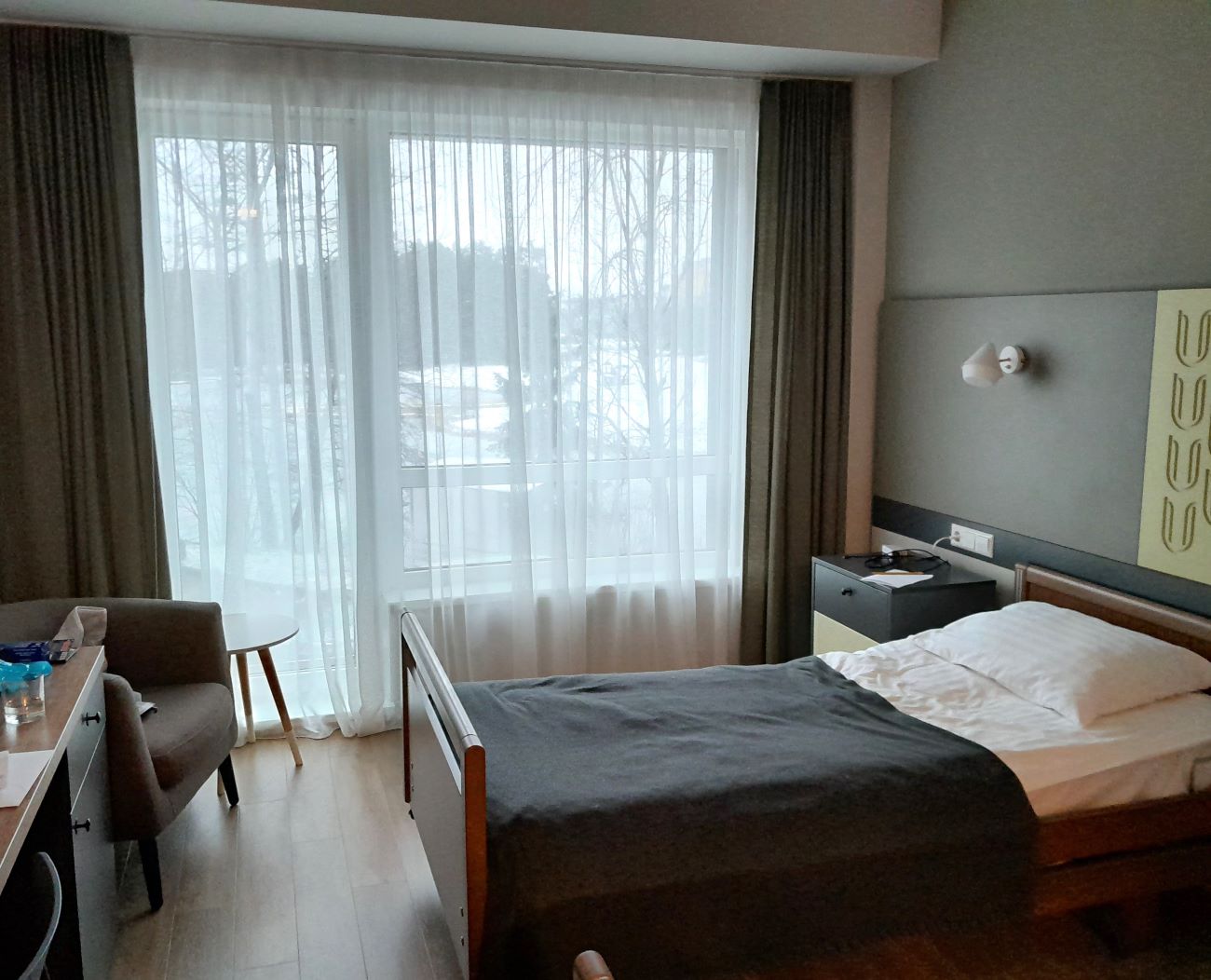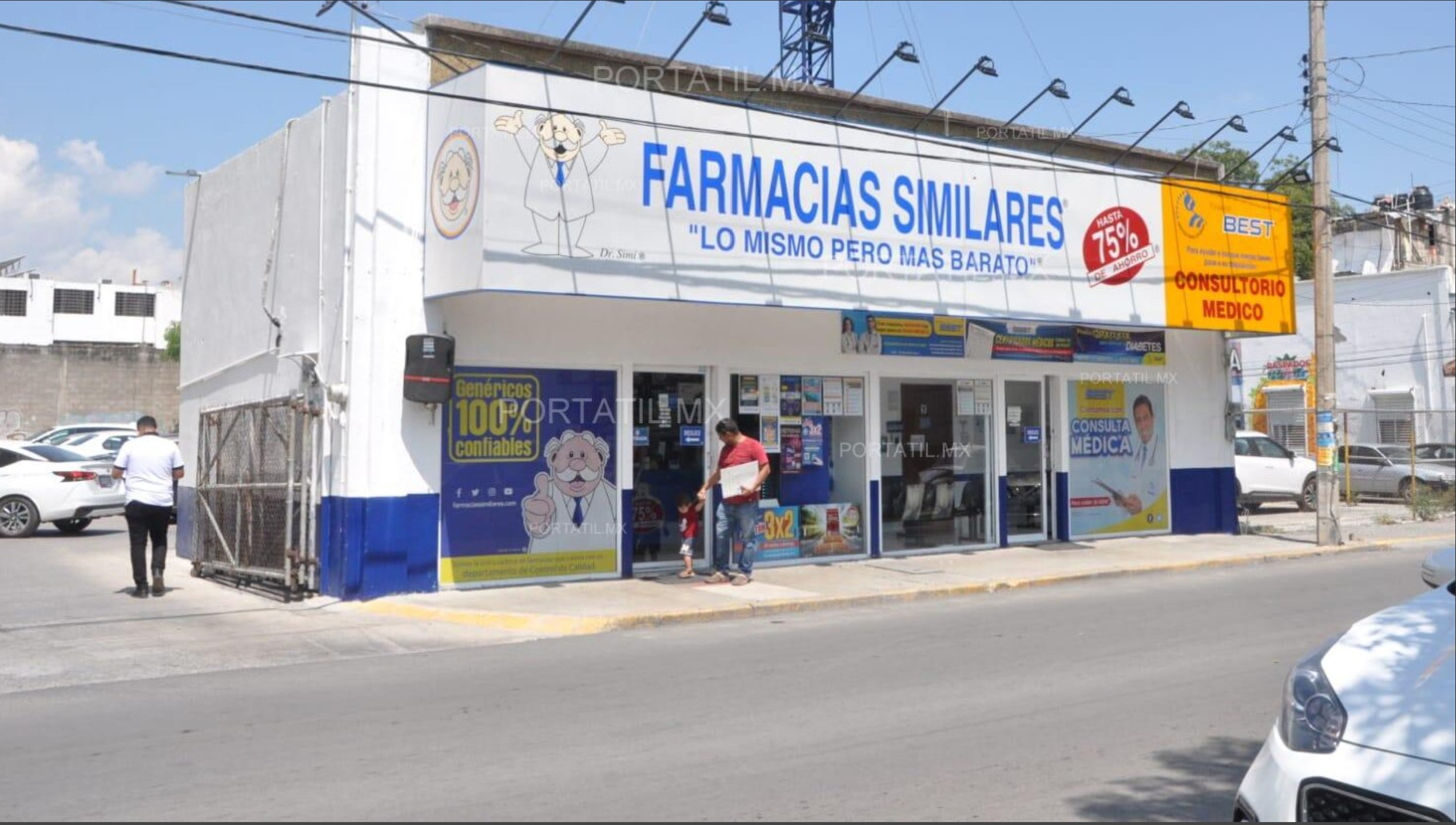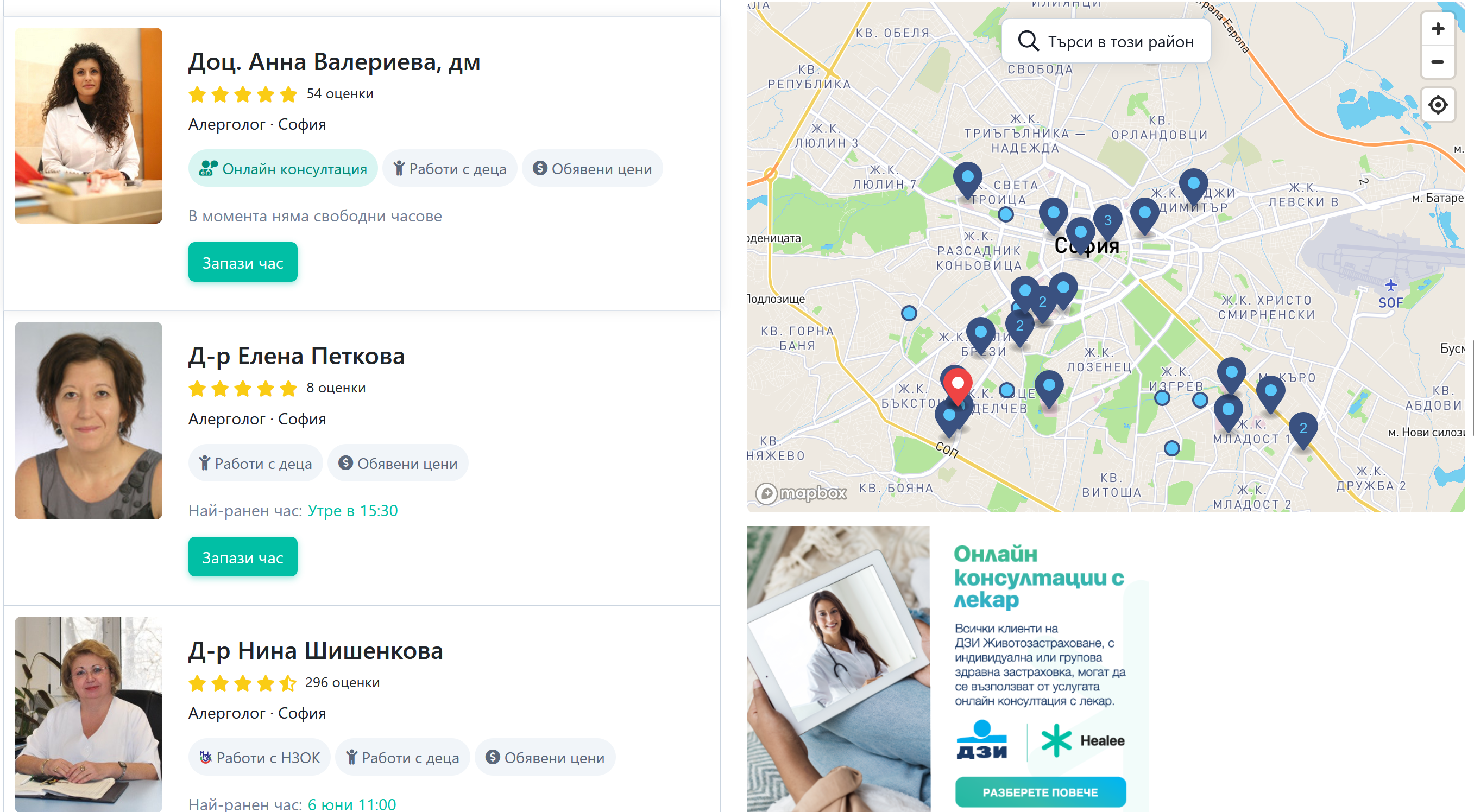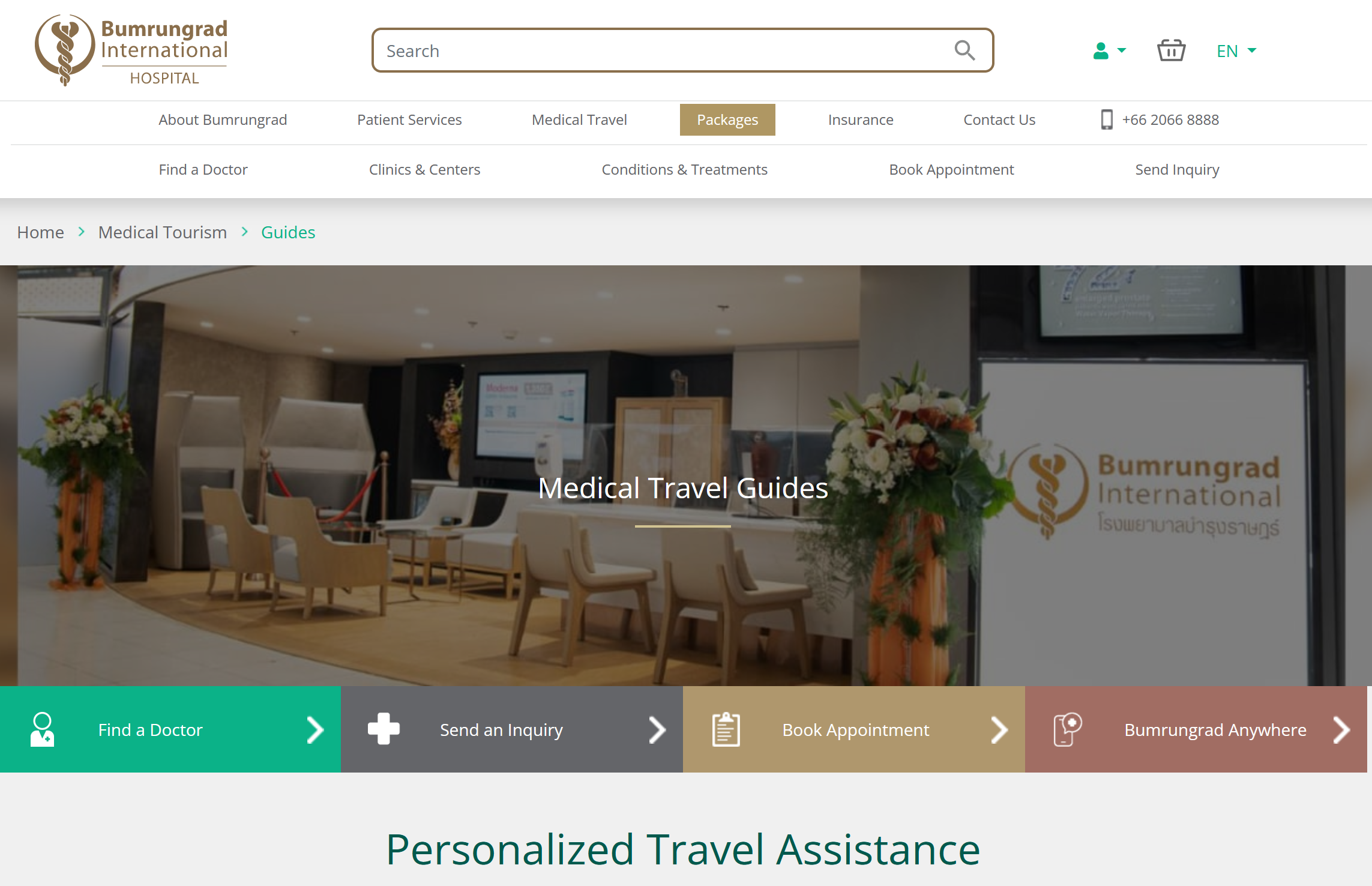The American healthcare system is an overpriced pill-pusher that wants to scare you. Here’s how to enjoy better health care abroad.
But the US has the best health care in the world!
No, it’s not the best. Rankings that rely on health statistics put the US in the “meh” category.
For example, this study compared the US to other OECD countries. The US ranked poorly in long-term health, life expectancy, all-cause mortality, and the daily burden caused by disease.
This summary links to several studies. One of them gauges “how healthy a society is and whether people can access tools to maintain their health.” On this list, the US ranks below Bulgaria and Lithuania, just above Mexico, and way below Spain.

My experience
I’ve had health care of varying complexity in:
- Mexico
- Hong Kong
- Spain
- Bulgaria
- Lithuania
For all of these, I paid out of pocket or used private insurance, not government systems. Compared to the US, private insurance is insanely cheap in most places.
Overall
Since I left the US in 2010, I’ve had:
- Far quicker access to a doctor
- More time spent with the doctor
- Fewer prescriptions
- Fewer scary diagnoses
US: Hoofbeats? Must be zebras!
US doctors seem to over-diagnose. They told me that I might have any number of serious diseases, including (twice!) that it could be a cancer that was so advanced that there was no hope. The doctors were seeing the worst possible side of what were actually common issues.
In Mexico, doctors avoided drama and made what appeared to be sane diagnoses. They even gave me their home phone numbers even though I didn’t have anything serious.
Spain was chaotic and bureaucratic, but at least I could see a doctor quickly, and none of them claimed that I had a dramatic illness requiring expensive treatment or a last will and testament.
My experience in Bulgaria is limited, but so far it has been a less bureaucratic version of Spain.
US: Take these pills
Outside the US, people are often prescribed fewer drugs. Even for major surgery, you might not be prescribed a pain killer, and in my case, ibuprofen and paracetamol (Tylenol) really were enough.

Do your own lab work
In the countries I’m familiar with, you can go to a private lab and order whatever tests you want, no doctor’s paperwork required. You’ll get the results online, often in English, often on the same day.
In Bulgaria, I can even order the tests online and tell them what time I’ll come in to the lab, so they’ll be expecting me.
No referral required
In the countries that I’m familiar with, you can make an appointment directly with a specialist without first getting a referral, if you’re using private insurance or paying out of pocket.
No annual physicals
Many Americans think they should go to the doctor every year even though they’re healthy. It’s the sacred “physical exam.”
This isn’t so common elsewhere. Of course there are recommended screenings, and sometimes the government gets involved. For example, in Spain the government sends a do-it-yourself check for colon cancer to all adults. It just shows up in your mailbox one day.
But there isn’t the expectation that you’ll go to a doctor, feeling fine, and get a ton of tests to look for problems. You can buy comprehensive checkups, but they’re usually luxury products that might be marketed as “wellness checks.”
Recommended screening might also be less frequent than in the US. Women might be told to have mammograms less often or starting at an older age, for example. The profit motive isn’t as strong.
House calls
They still exist outside the US, though they’re rare.
My Spanish private insurance included two house calls a year. If I paid a reasonable daily fee, I could also have a nurse come to my house.
Special love to Mexico
Mexico has a system that I’d love to see elsewhere. Next door to several big pharmacies is a small office that houses a doctor, 24 hours a day. You don’t need an appointment. You just knock on the door, and the doctor is there to greet you and fix whatever ails you, quickly and cheaply (by US standards).

Dealing with doctors as a foreigner
If you’re new to a country, and especially if you don’t yet speak the language, you might be anxious about medical care. Some tips:
- Join the most active expat groups on Facebook.
- Search the groups for recommendations of different types of doctors, and start building your own file (I use Joplin). That way, if you suddenly need a specific type of doctor, you already have some identified.
- Also note the recommended hospital for emergencies and add that to your file.
- Find out how ambulances work (they might be private) and whether a cab is a better option.
- Find out if there’s an online directory of doctors with an appointment system, so you can get an appointment online and don’t have to call. Even if the doctor is listed as speaking English, often the receptionist won’t speak it.
- Notice the medical labs in your neighborhood and check their websites to get a sense of how easy they might be to work with. Do they have an English version of the site? Can you order tests ahead of time?

When you make an appointment:
- If you have to call to make an appointment, practice the necessary vocabulary beforehand, or get a local friend to help.
- Find out how much it will cost. If you use an online directory of doctors, the fee will probably be listed there. The directory should also show which insurance the doctor accepts.
Before the appointment:
- Get enough cash to pay for the appointment and possibly more, in case the doctor offers additional treatment. Not all doctors accept cards.
At the appointment, depending on the country and your insurance company:
- Pay. You might give the money to the doctor directly or to the receptionist. You might be expected to pay before or after the appointment. In my experience, it’s usually after the appointment.
- The doctor might recommend additional treatments at the appointment. Feel free to ask what they’ll cost.
The payment is usually small in American terms, such as $60. Bigger investments, like surgery, might be paid through a bank transfer.
Consider medical tourism
Once you’ve had some experience with medical care in other countries, you’ll probably be comfortable with the idea of going to a country specifically for medical care.
You might go to a country in the neighborhood if it offers a better, faster, or cheaper alternative. For example, I met a lot of British people at a clinic in Lithuania. They had given up on their slow national health service and decided to pay out of pocket for orthopedic surgery. The clinic was all English speaking and offered a much better price than the private system in the UK, with almost no waiting.

Malaysia and Thailand have modern, expat-friendly hospitals that are popular among westerners. Some full-time travelers schedule time in one of those countries to have a wellness check, which is a battery of tests all done during one long day (example, another example).
Most of these options charge a fraction of the US price.
Check thoroughly
There’s a lot of money in selling medical care to foreigners, so there are some scammers.
The best clinics are accredited at US or international standards, and you can confirm the accreditation. For example, if a hospital says it’s JCI accredited, you can check the list at the JCI site to make sure.
Also, check local reviews. For example, find the clinic on Google Maps and see what local people say.
Insurance is much cheaper
Some foreigners don’t get private insurance at all. Instead, they pay into the local public system and rely on government care. They might have to be resident for a year before they qualify, but after that, the fee is usually small. The service is usually “free” and can be slowish. You might have to jump through hoops, such as first seeing a general practitioner for an issue before you’re allowed to see a specialist.
Other foreigners, including me, pay for private insurance. It’s far less expensive than US insurance. For example, I was paying 90-something euros per month when I left Spain. The policy had a modest copay for doctor visits and no deductible, and it covered emergency service abroad. A more expensive policy costing nearly 200 euros a month would cover any type of medical care anywhere in the world except the US, with a small copay.
People who travel a lot struggle to get affordable insurance that will cover them everywhere. Once you include the US as one of your destinations, the premiums skyrocket. One approach is to get a short-term plan just for your visit to the US. It won’t be cheap, but it will be cheaper than paying out of pocket for even a minor mishap.
Learn more
Earth Vagabonds have been traveling full time since 2015 and have published detailed advice on getting medical care abroad.
Photo at the top: Madrid metro
